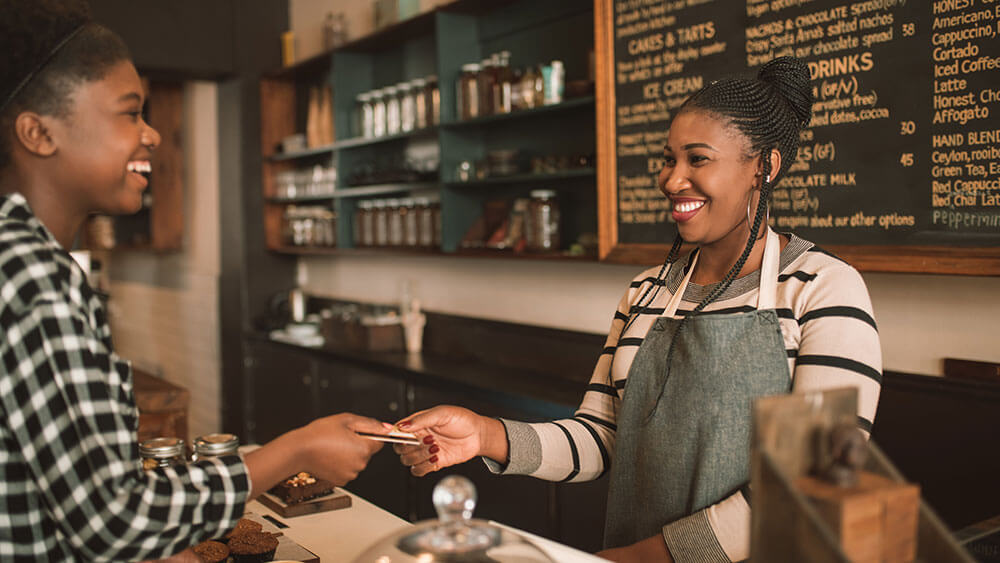
Weak social ties, like daily chats with the barista at a local coffee shop, makes people feel happier, according to the Journal of Happiness Studies.
Most people don’t assign much meaning to weak social ties, such as to neighbors, fellow gym-goers, the baristas at a local coffee shop, or acquaintances at work. But according to a recent New York Times article by Allie Volpe, individuals who cultivate these low-stakes relationships feel happier, more empathetic, and less lonely.
In May’s cover story, Convene examined the epidemic of social isolation, and how loneliness can cause anxiety, depression, and cognitive decline, among other health problems. We shared how meetings and events, when designed to make attendees comfortable and foster a sense of belonging, can serve as the antidote to loneliness. The connections attendees make with others would likely be considered low stakes, but they nonetheless reinforce a sense of community.
It’s similar to what Gillian Sandstrom, senior lecturer of psychology at the University of Essex, told Volpe — that maintaining a network of low-stakes connections binds us to a community, despite the fact, she said, that a “lot of us think it’s not worth our time to have those kinds of [weak tie] interactions, that they can’t possibly provide meaning.”
However, taking a few moments out of the day to engage with people we interact with regularly, or joining a group or club, has proven to significantly increase people’s general satisfaction with life, according to the Journal of Happiness Studies. It also helps to make these connections at places we frequent, as we’re able to continue nurturing these mini-networks on a regular basis. The more we speak to these low-stakes friends, the more meaningful the conversations will become, and the degree of satisfaction post-interaction can become similar to the sense of having just met up with a good friend, Jeffrey Hall told Volpe.
“Is it the case that people tend to reserve the most meaningful interactions of their day with their closest relational partners? Yes,” Hall, an associate professor of communication studies at the University of Kansas, said. “Is it also the case that if people act in meaningful ways that they can build a close friendship with somebody and feel good about that interaction? Yes.”
These interactions can not only be meaningful, but useful in job hunting as well. As Sandstrom notes, having a number of weak social ties can lead to a larger social circle with more knowledge beyond one’s regular friend group. “The people we know that we’re close to tend to know the same things we do and so it doesn’t expand our information,” Sandstrom told The New York Times. “The argument is we have more to learn from the people that we don’t already know so well.”
